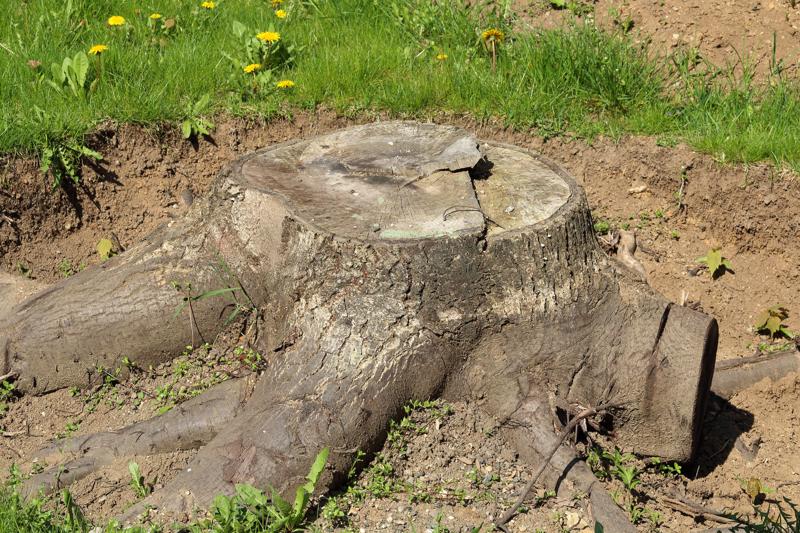How Much Time Does It Take for Plant Roots to Completely Decompose Following Cutting?

The tree’s roots play a crucial part as they provide stability, and nutrition to trees However, what happens when a tree is removed? What time does it take before the root system begins to decay in the soil, and what impact will this impact the area around it? This article will explore the process of root decay as well as answer some frequently asked questions about tree roots.
Understanding Tree Decay of the Root
Tree roots can take a long time to decompose, depending on several aspects like the size of the roots as well as the type of tree, as well as the environmental conditions. The process of decaying roots begins immediately after a tree is removed or falls and results from a combination of factors such as temperature, moisture, along with the presence of decomposers such as fungi and bacteria.
Factors that Affect Root Decay
The size of the roots: The larger roots require more time to decay compared to smaller ones.Type of tree: Certain species of trees have stronger, more durable roots that require more time to decay than other species.
Conditions in the environment: Roots decompose more quickly in warm, moist environments as compared to cooler, dry ones.
The impact of tree Root Decay
If tree roots begin to decay and release nutrients into the soil, which could benefit other plants within the area. However, decaying roots may also cause problems for landscaping and structures in the surrounding area. For example, decaying roots may cause settling or shifting of driveways, sidewalks, and other hardscaping features.
Delay Prevention
To avoid issues caused by decaying roots, it’s important to eliminate dead or diseased trees from your property as soon as you can. In some instances, it may also be necessary to eliminate the roots to avoid settling or shifting of adjacent structures. If you’re unsure about the best way to proceed, think about calling professionals from a tree removal company like Sydney Tree Lopping for help.
Frequently Asked Questions
How long will it take for tree roots to begin to rot?
The amount of time required for tree roots to rot in the soil can differ according to a variety of aspects, including the size of the root and the kind of tree, as well as the environmental conditions. In general, it could take many years for roots to completely degrade.
What happen to soil’s nutrients? the soil after tree roots begin to rot?
When tree roots rot and release nutrients back to the soil, which can benefit other plants in the area.
Are decaying tree roots causing problems for nearby structures?
Yes, the decaying roots of trees may cause settling or shifting of driveways, sidewalks and other hardscaping features. To prevent these issues it is essential to get rid of any dead or sickly trees from your property as quickly as is possible.
Conclusion
In conclusion, tree roots can take a few years to fully rot in the ground, and the process of decay may have both negative and positive effects on the area around it. If you’re concerned about decaying tree roots or need help with tree removal, you should consider getting in touch with an experienced tree removal company such as Sydney Tree Lopping. Our team of highly skilled and knowledgeable arborists is equipped with modern equipment and tools to safely and efficiently remove branches and roots. Contact us now on 1300 274 346 for a free estimate in Sydney.
Don’t put your property at risk or yourself by trying to cut down a tree your own. Leave the experts of Sydney Tree Lopping handle it for you. Our team of highly skilled and experienced arborists is equipped with the latest tools and equipment that allows them to safely and efficiently remove the tree and its roots. Whether you need tree removal, tree trimming, tree pruning, or any other arborist service Sydney Tree Lopping is here to assist. Don’t wait any longer, contact us today by calling 1300 274 346 for a free estimate in Sydney. Trust the professionals from Sydney Tree Lopping to handle all the tree-related needs you have and to ensure the security and aesthetics on your home.





















